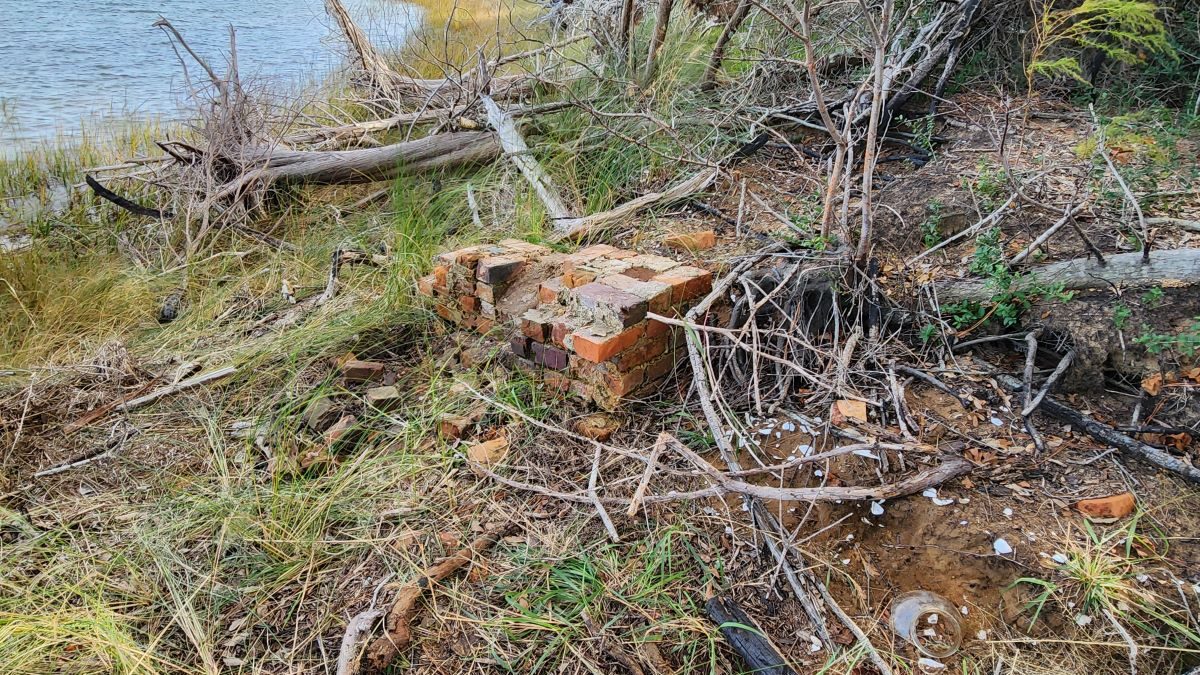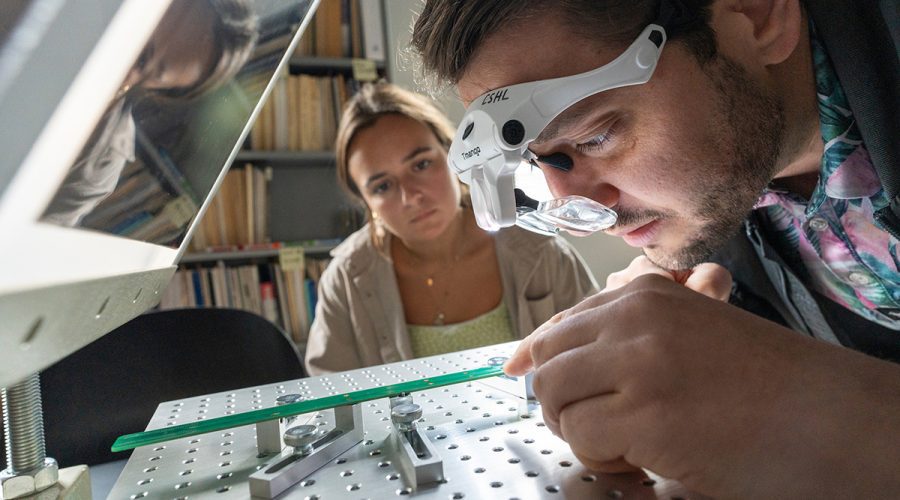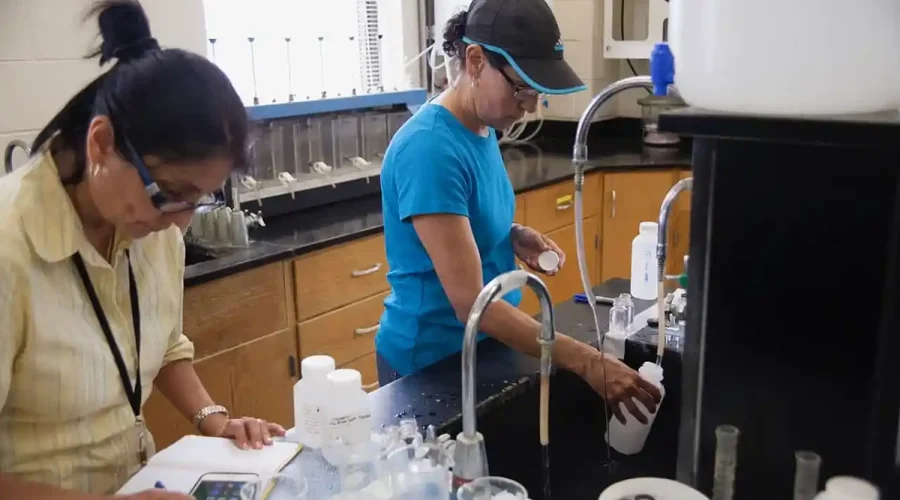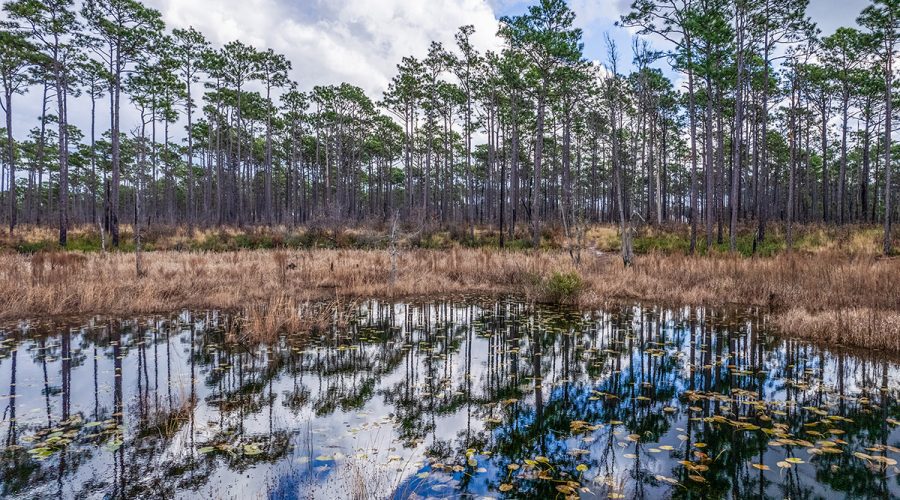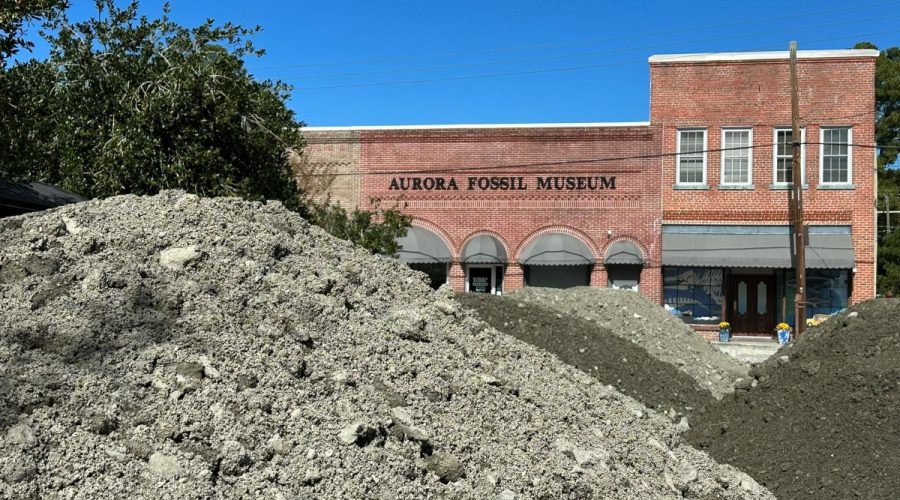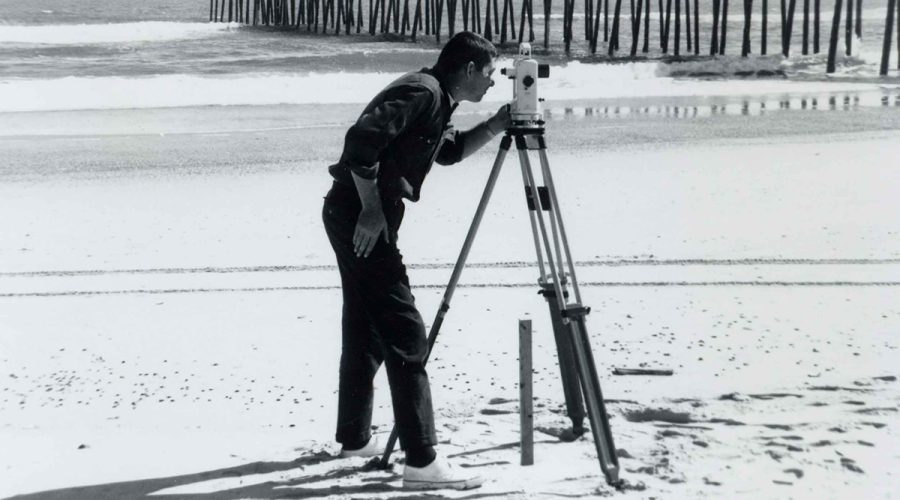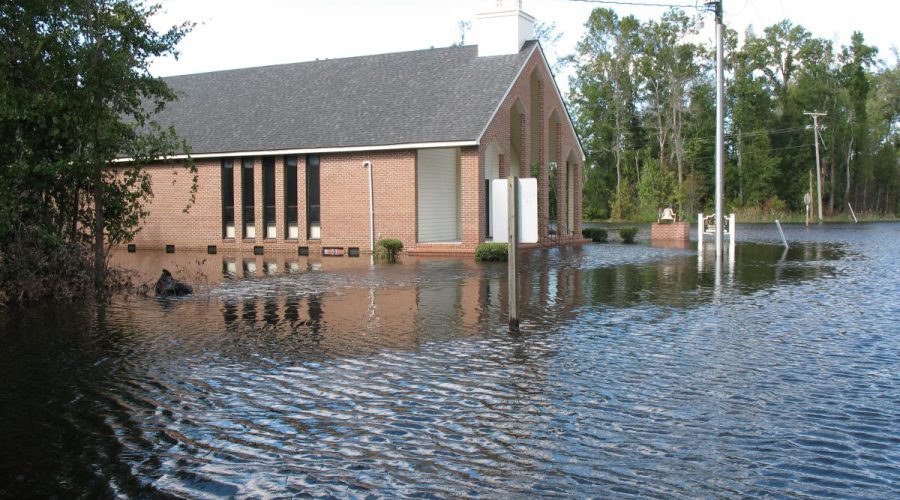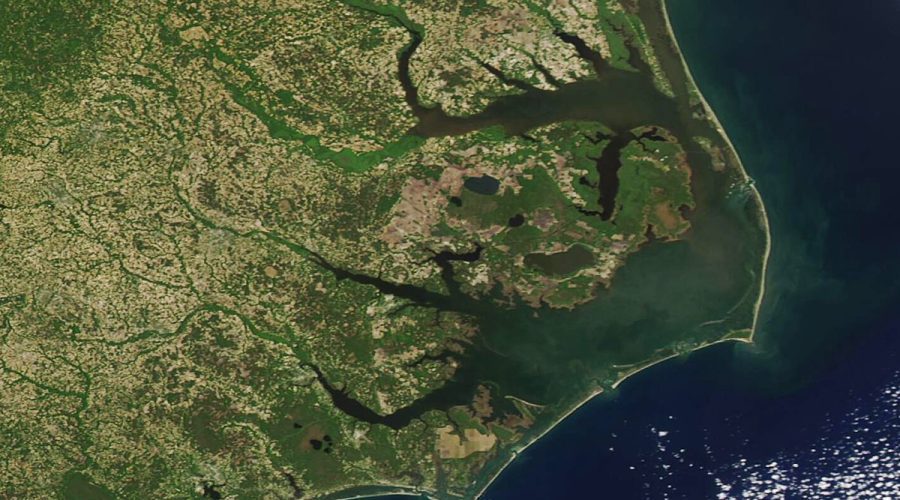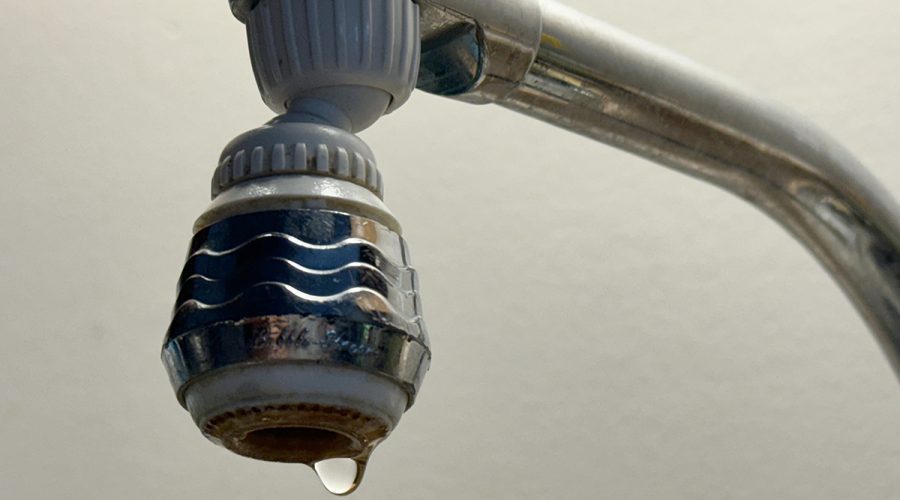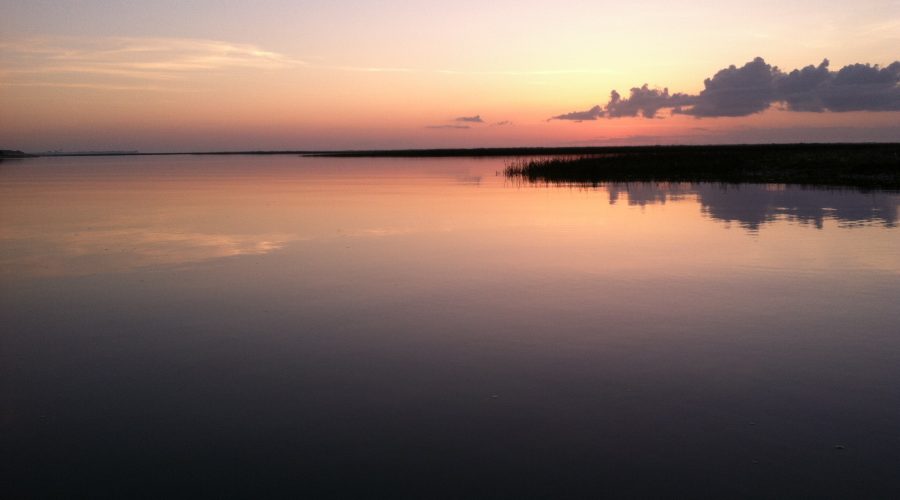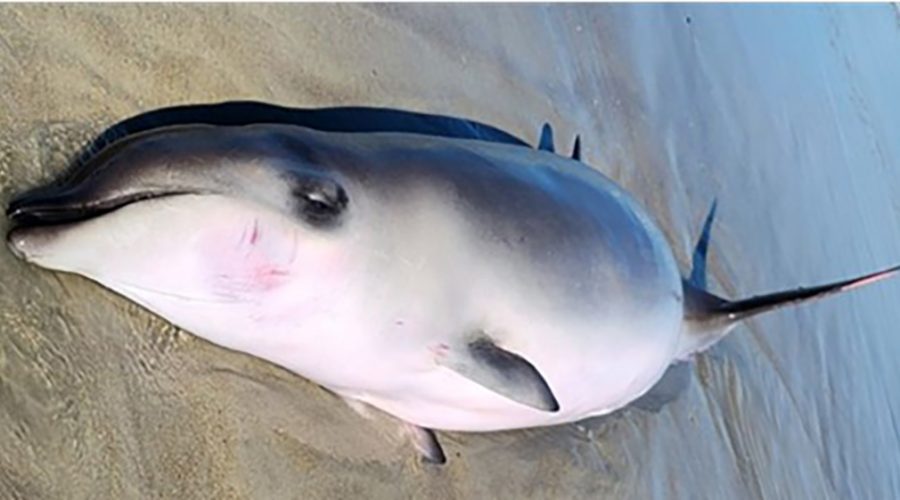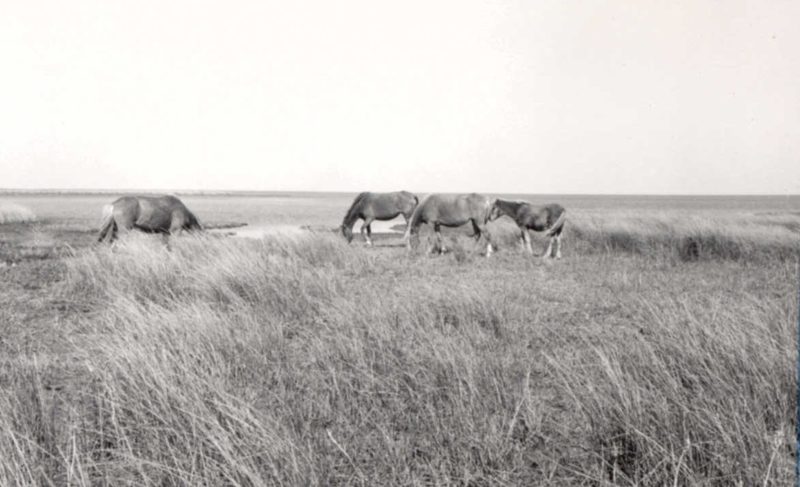Rising sea levels are increasing erosion along the North Carolina coast, threatening to destroy forever important cultural artifacts on state lands, but archaeologists are working on a plan to protect the sites.
science
UNCW researchers to study how waves, storms move sand
The team of researchers received a nearly $1 million grant to study over the next two years sand movement under different conditions to better understand storm surge.
Exposure study evolves to measure PFAS’ long-term effects
Researcher Jane Hoppin, who is leading a study of North Carolina residents exposed to per- and polyfluoroalkyl substances in their drinking water, says the ongoing work will help in understanding how these compounds affect human health over time.
Ecologist revamps NC’s natural communities guidebook
Michael Schafale with the North Carolina Natural Heritage Program provides detailed descriptions of the state’s 343 natural communities, including those on the coast.
Science centers receive $2.4M to promote STEM education
Several science centers on the coast are among the 53 statewide to be awarded a total of $2.4 million through the North Carolina Science Museums grant program.
Dolan, Godfrey: Scientists proved Outer Banks are moving
Findings more than 50 years ago by coastal geologist Robert Dolan and husband-and-wife researchers Paul and Melinda Godfrey changed barrier island understanding and led the National Park Service to reverse longstanding policy.
Student study shines light on Outer Banks sea turtle nesting
Outer Banks Field Site undergrads who conducted a four-month study of how artificial light at night affects sea turtle nesting have presented their findings, which indicate conservation efforts may be working.
Funding boosts UNCW scientists’ work to stem coral losses
University of North Carolina Wilmington researchers recently received nearly $2 million to further study how to ethically protect coral reefs from being wiped out by disease and climate change.
Scuppernong River study takes regional look at water woes
Officials say that because water knows no boundaries, a basin-wide approach was needed to better address water management challenges on both private and public lands.
Grant could spur coastal eco-tech hub similar to Triangle
A collaboration of researchers and scientists is working to secure $160 million over 10 years from the National Science Foundation to build an innovation center that’s the ecosystems technology analog to the Research Triangle Park’s biotech boom.
State’s Native Americans at higher risk of preterm births
Native Americans in North Carolina face a disproportionately higher risk for preterm birth because of exposure to mixtures of toxic metals in their private drinking water wells, according to a recent study.
Coastal Reserve internship open to student applications
Applications for the North Carolina Coastal Reserve and Friends of the Reserve’s 2024 undergraduate internship program are due by 11:59 p.m. Jan. 19, 2024.
Beaked whale calf’s death attributed to plastic pollution
A whale calf that washed ashore last week on Emerald Isle’s ocean shoreline died from ingesting a balloon.
NC State’s sourdough research unlocks microbial mysteries
North Carolina State University’s Wild Sourdough Project is contributing to a global collaboration to better understand the world’s various sourdough starters and the natural microorganisms that give rise to flavor.
Ocracoke horse herd focus of Nov. 29 presentation
During the presentation in Ocracoke, researchers will share the history, genetics, range conditions and management of these horses, often referred to as ponies, on Ocracoke Island.
UNCW ramps up program to nurture coast’s blue economy
The University of North Carolina Wilmington’s Center for Innovation and Entrepreneurship offers a mentor program with140 volunteers who can share their experiences in coastal business startups.

